India is a vast nation with different cultures, traditions and languages that thrive for longer than 5000 years. The first civilizations of the world took birth in India. Today along with the modern lifestyles the ancient traditions also thrive. However, this has led to the presence of demographics in India that have unique combinations of culture and traditions.
In case cultural differences do not appeal you, then your perspective might be changed after you experience India. Your viewpoint regarding the lifestyles, food, clothing, opinions, behavior and mindsets will completely change and you will witness them as completely different from the ones that you know presently.
To get a comprehensive view of States of India, read the series articles of States of India: Part 2 and States of India: Part 3.
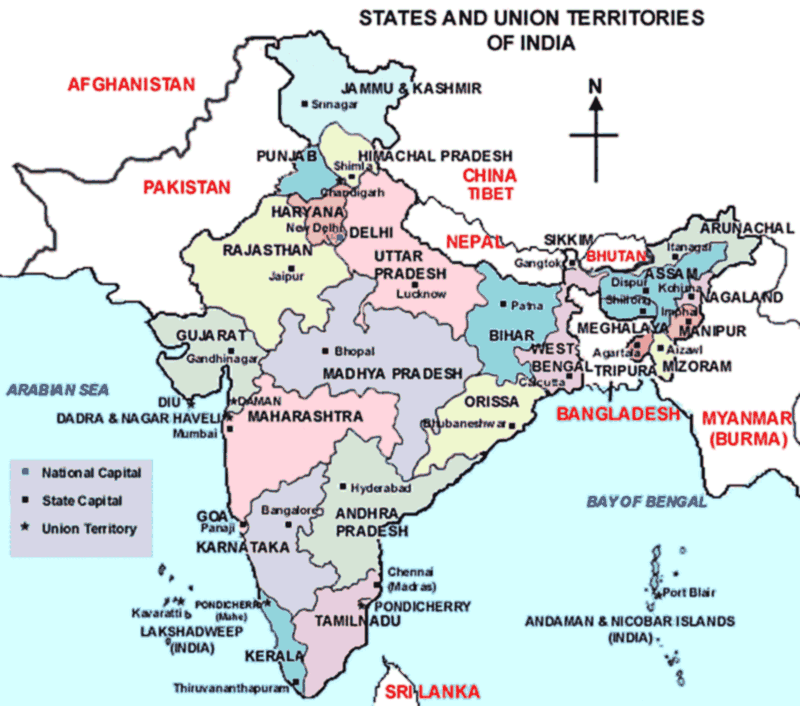
States of India
Uttar Pradesh
Capital: Lucknow
Area: 93,023 square miles (240,928 sq km)
Population (2013): 207,644,568
Languages: Hindi, Urdu, English
Uttar Pradesh boasts of a multicultural and multiracial society. It has nature in abundance in the form of valleys, rivers, hills, plains and forests. It is one of the largest tourist spots of India. It gets approximately 35 million domestic tourists annually. Moreover, more than half of the foreign tourists landing in India annually make it a point to visit the Taj Mahal and the Ganga. There are multitudes of tourist destinations in Uttar Pradesh appealing to people with diverse interests. It is known to be the cradle of Indian culture and civilization as it is located around the river Ganga.
Maharashtra
Capital: Mumbai
Area: 118,809 square miles (307,713 sq km)
Population: 112,372,972
Languages: Hindi, Marathi, English
Maharashtra is situated on the central and western parts of India, extending over the Sahyadri Mountains. It has a vast sea coast on its one side that extends 720 kilometer, giving Maharashtra a beautiful backdrop. It is among the most industrialized states in India. The present Maharashtra came into being on May 1st, 1960. Its formation is based on the unilingual principle and is carved out of the previous Mumbai state. The Marathi speaking areas of Hyderabad and Central provinces and Berar were included in the Mumbai state.
Bihar
Capital: Patna
Area: 36,356 square miles (94,163 sq km)
Population: 103,804,637
Languages: Hindi, Maithili, Bhojpuri
Bihar has an unmatched past. The religions Jainism and Buddhism were born in the state of Bihar. The growth of Hinduism and Sikhism is also facilitated by Bihar. During its glorious times, the city of Pataliputra was the grandest and the largest in the whole world. There are multiple tourist destinations in the state such as famous Buddhist circuit, Mithila Paintings of Madhubani, Patna Sahib of Patna and Bhagalpur’s silk production center; however, they have not grown to their full potential even now.
West Bengal
Capital: Kolkata
Area: 34,267 square miles (88,752 sq km)
Population: 91,347,736
Languages: Bengali, Hindi, English
West Bengal is a place of eternal beauty. It is a medium sized state located in the east of the India. However, it represents the Indian subcontinent completely. Darjeeling, its northern end, is surrounded by the mighty Himalayas. In the foothills locates the Dooars which is full of forest. The river Ganga flows in the plains of the state and meets the Bay of Bengal in the southern region, making its way through vast swamps referred to as Sundarbans. The state has rich cultural heritage and portrays the concept of unity in diversity.
Andhra Pradesh
Capital: Hyderabad
Area: 106,195 square miles (275,045 sq km)
Population: 84,665,533
Languages: Telugu and Urdu
Andhra Pradesh is also referred to as the “food bowl of the south”. It is recognized for its legendary dynasties, telugu language, temples, rich literature, lacquer toys, beautiful clothes and the vibrant Kuchipudi. Andhra Pradesh boasts of ruins, ports, museums and palaces along with the sacred temple of Tirupati. There is a wide variety of natural beauty and wildlife. The largest tiger reserve of India is located in the Nallamai forest in Andhra Pradesh. You can find reptiles such as salt-water crocodile and other exotic animals at the Godavari river delta.
Tamil Nadu
Capital: Chennai
Area: 50,216 square miles (130,058 sq km)
Population: 72,138,958
Languages: Tamil and English
Tamil Nadu has a rich history, a glorious past, natural beauty and vibrant culture. There are clear skies and blue beaches. There is Marina beach to enjoy, theme parks to go cruising and magnificent temples to find peace. You can also relish the taste of dosas, enjoy filter coffee and watch Bharatnatyam performances. The state is also visualizing rapid development in all the fields such as economy, human resource, social and culture. Tamil Nadu is one among the states receiving highest investment by foreign people in sectors such as power, automobiles, information technology and telecommunication. The state also enjoys high per capita income.
Madhya Pradesh
Capital: Bhopal
Area: 119,014 square miles (308,245 sq km)
Population: 72,597,565
Languages: Hindi
Innumerable districts and various climates and topographic places form the state of Madhya Pradesh. The magnificent Vindhyachal Mountains are located in this state. It boasts of a rich heritage of arts, music, craft and dance. There is rich geographical variety present in the state. It also boasts of numerous mines that have an important impact on the economy. People are mostly engaged in agriculture and it is also home to multiple tribal races.
Rajasthan
Capital: Jaipur
Area: 132,139 square miles (342,239 sq km)
Population: 68,621,012
Languages: Rajasthani, Hindi
Rajasthan, also implying the land of kings, is a princely state of India. The famous Thar Desert is situated in the state. The men here boast of proud moustaches and the women wear twinkling anklets and colorful clothes. The place has a rich heritage and culture. There are numerous forts and palaces situated atop the Aravalli Mountains, which were built in the era of Rajput dynasties. The state also marches ahead when it comes to development of the people.
Karnataka
Capital: Bangalore
Area: 74,051 square miles (191,791 sq km)
Population: 61,130,704
Languages: Kannada, English, Hindi
Karnataka has rich cultural heritage and natural beauty. Moreover, it is also one of the leading states who have brought on the information technology revolution in India. More than 20 percent of the area is forest. It boasts of numerous wild life sanctuaries which are home to a rich variety of fauna and flora.
Gujarat
Capital: Gandhinagar
Area: 75,685 square miles (196,024 sq km)
Population: 60,383,628
Languages: Gujarati, Hindi, English
Gujarat is an amalgamation of the cultures of the settlers and conquerors and its own. This has resulted in a wonderful fusion of old traditions, cultures and new ideas. It is rich in history, crafts and natural beauty. It is a home state of Mahatma Gandhi, the father of the nation. Gujarat still attracts intellectuals, artists, businessmen and scholars from around the world.


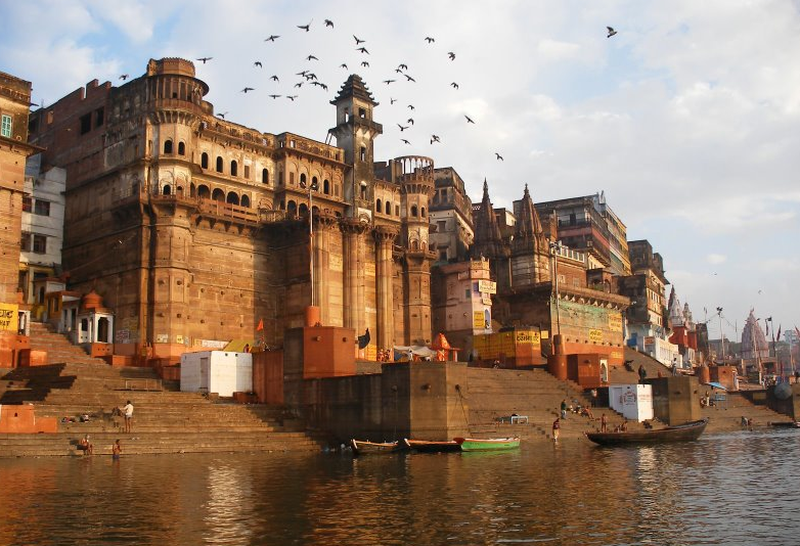
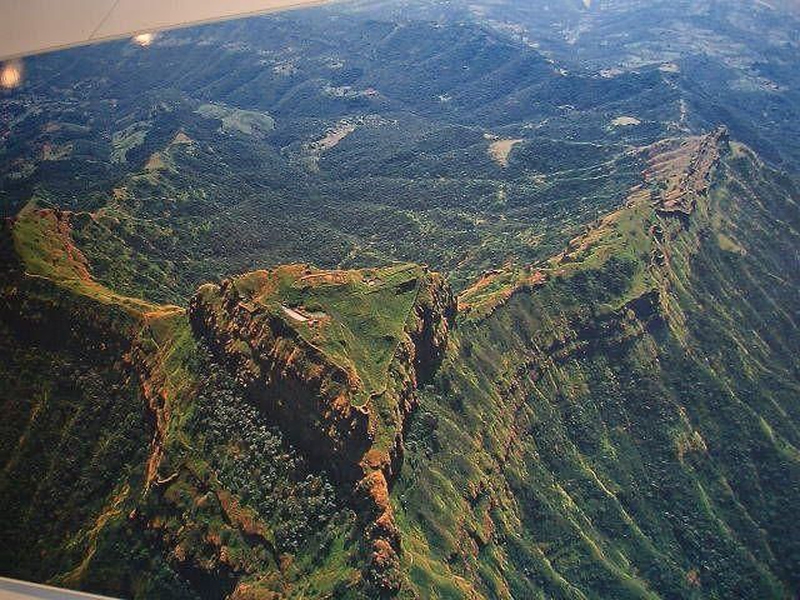
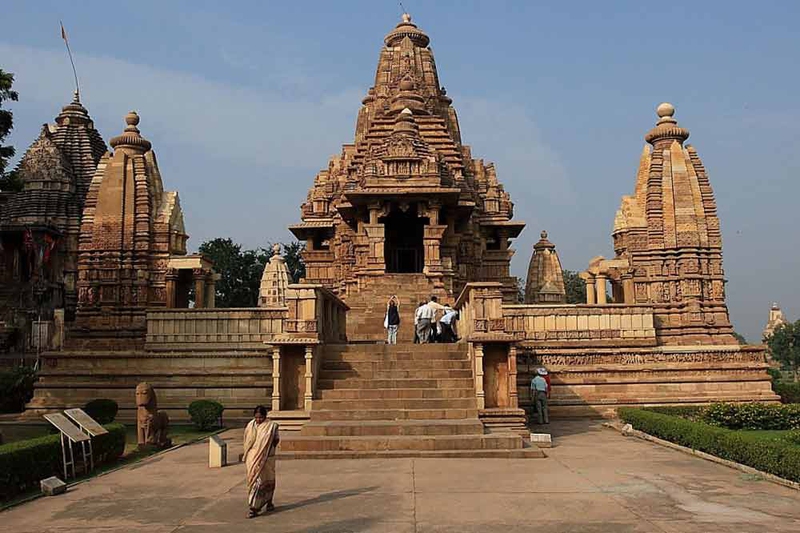
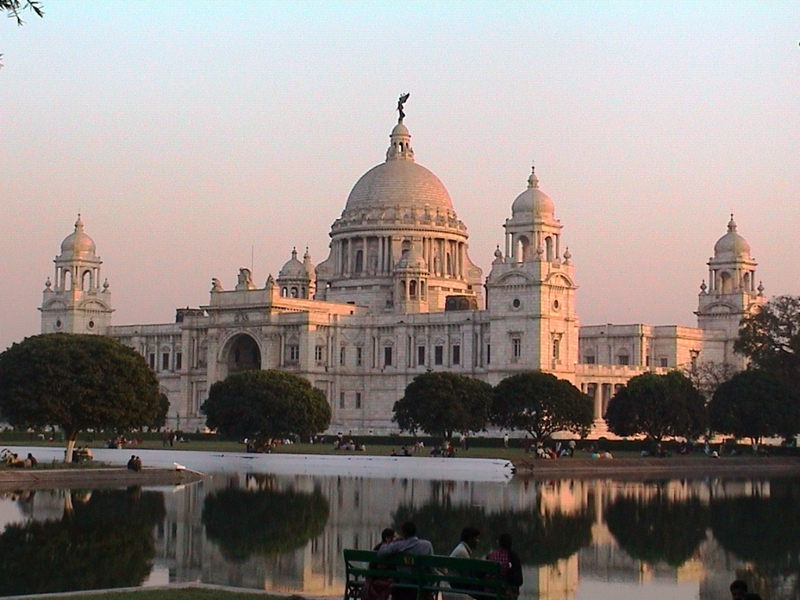
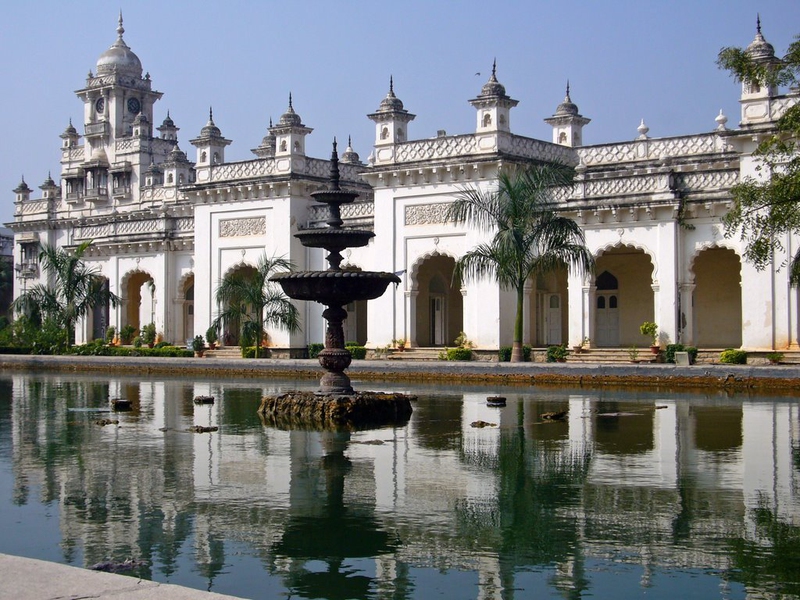
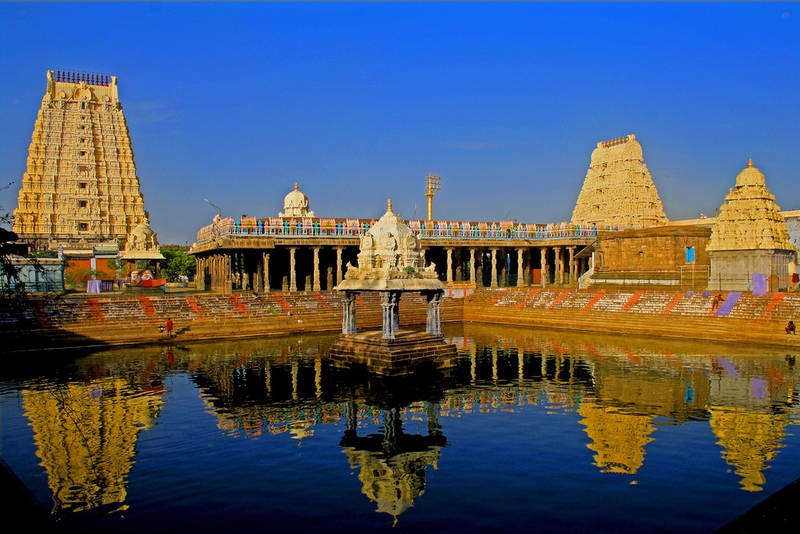
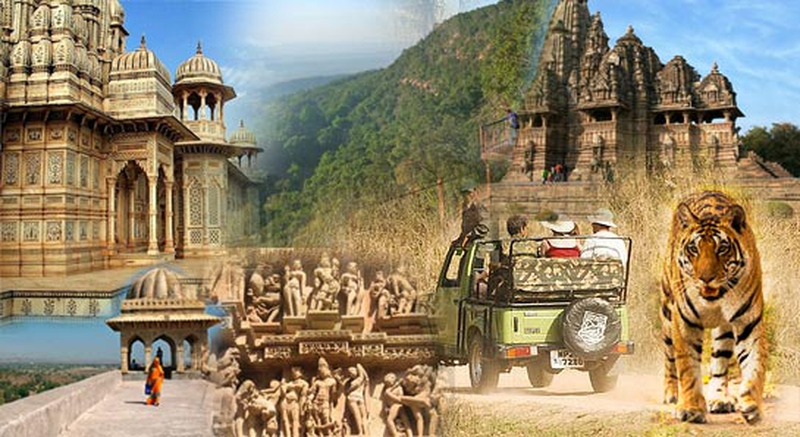
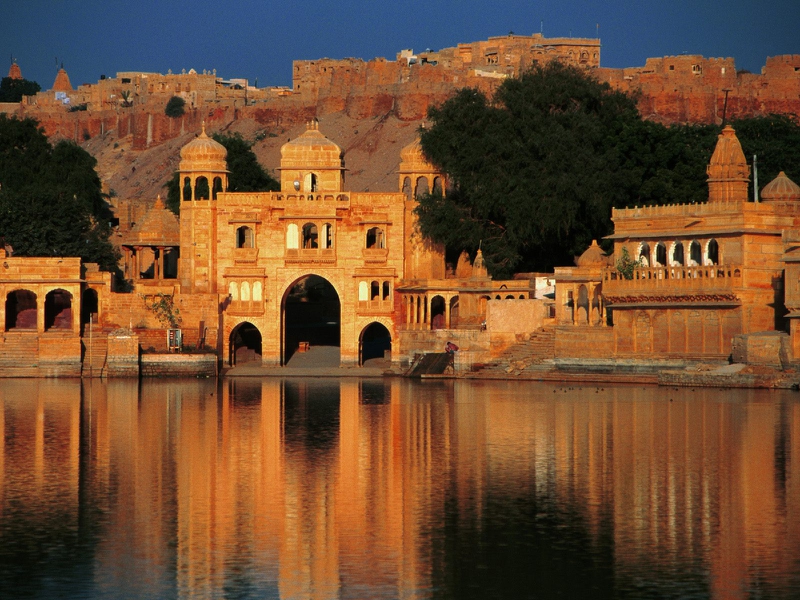
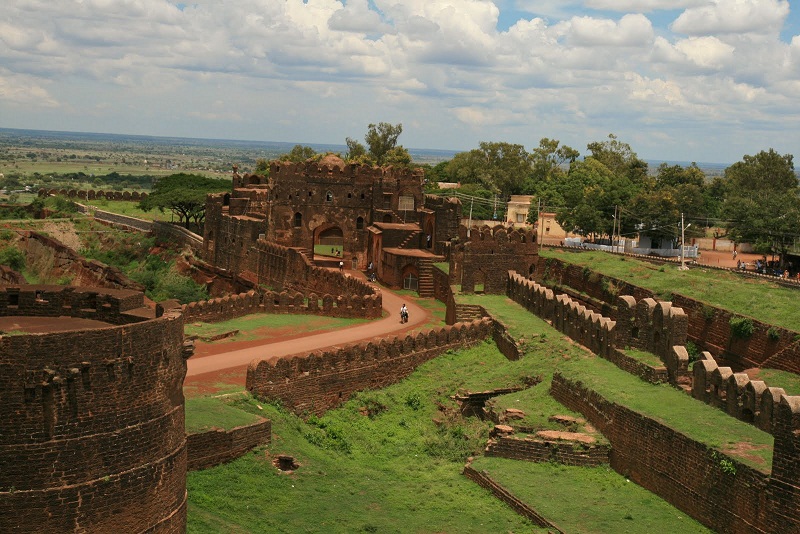
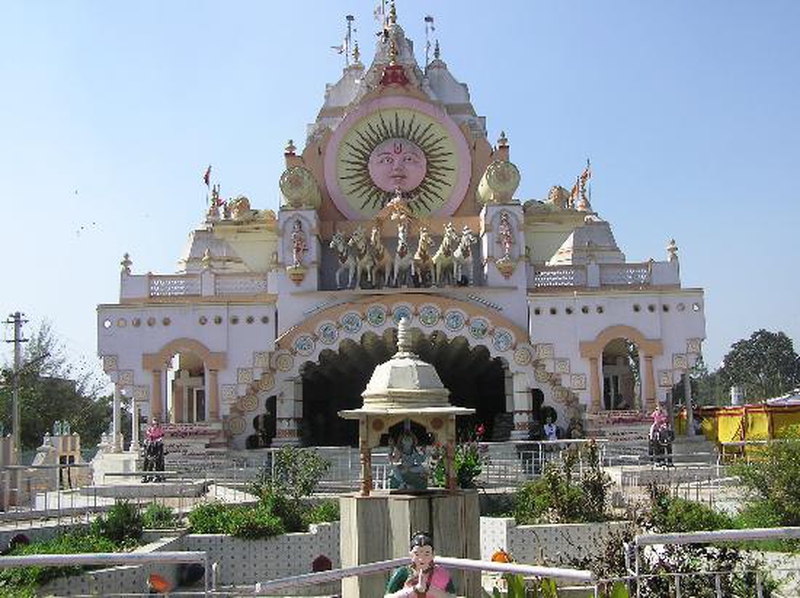
View All Comments /Add Comment